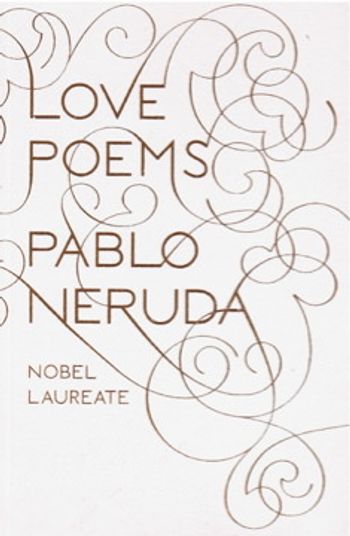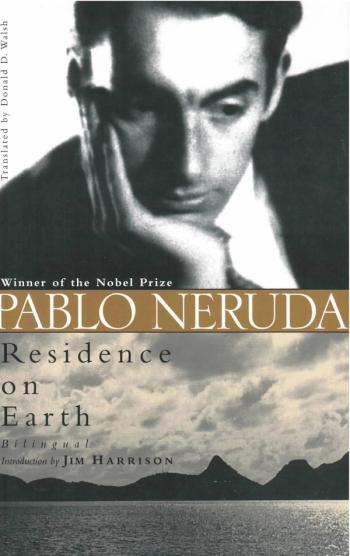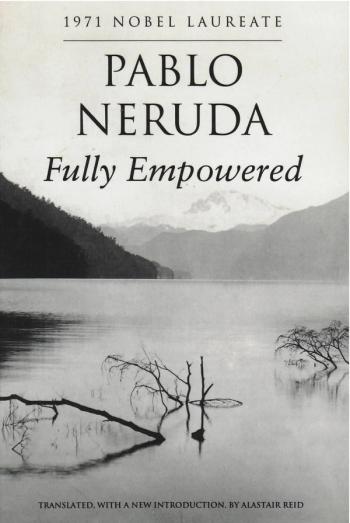Pablo Neruda
Pablo Neruda, poet and diplomat, was born July 12, 1904, In Parral, Chile, the son of a railroad worker. He attended local schools in Temuco and the Instituto Pedagogica in Santiago. In 1955, he married Matilde Urrutia to whom the love poetry of The Captain’s Verses is addressed. He died in 1973, at the age of 69. Neruda’s political career was turbulent. From 1927 to 1944 he served as Chilean consul variously in Rangoon, Colombo, Batavia, Buenos Aires, Siam, Cambodia, Anam, Madrid, and Mexico City. In 1945, he was elected to the Senate as a Communist but, after writing a series of letters hostile to then President Videla, was forced to flee to Mexico. From there he traveled to Italy, France, Russia, and China. In 1959, he shared the World Peace Prize with Paul Robeson and Pablo Picasso in Moscow. He returned to Chile in 1952 after the victory of anti-Videla forces and was awarded the Stalin Prize the following year. For several years, Neruda lived in Paris where he served as Chile’s ambassador to France. Neruda’s poetic career has been equally distinguished. Since the appearance of Le Cancion de la Fiesta in 1921, he wrote over sixty volumes of poetry, among them, Residence on Earth and Other Poems, originally published in English by New Directions in 1946, and republished in 1973. His work, at once personal, national and universal, won for him not only the National Prize for Literature, Chile’s highest literary award, but also the 1971 Nobel Prize for Literature. His poetry has been translated into more than twenty languages including Esperanto.





